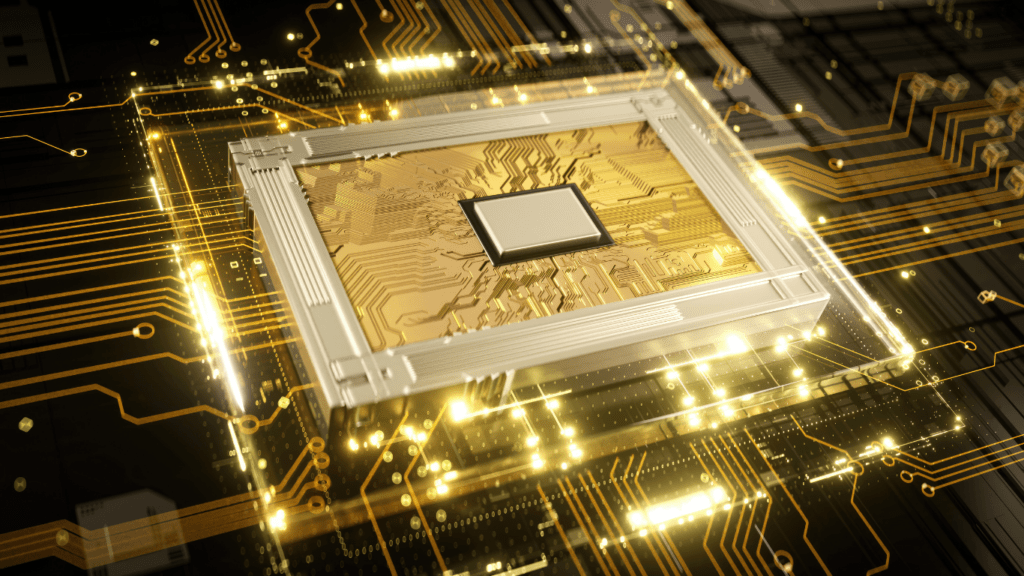Understanding the Tech Revolution
The tech revolution reshapes industries by integrating cutting-edge technologies into core processes. AI, for example, enhances decision-making by analyzing vast datasets quickly. Blockchain increases transparency by securely recording transactions across decentralized networks. These innovations simplify operations, optimize resource usage, and foster collaboration across sectors.
Startups and established companies alike face the revolution’s impact, adjusting strategies to remain competitive. Healthcare integrates AI for diagnostics and treatment plans, improving patient outcomes. Finance uses blockchain for secure transactions and fraud reduction. Manufacturing implements IoT for predictive maintenance and increased efficiency. As the lines between industries blur, understanding these shifts becomes crucial to leverage opportunities and mitigate risks.
Investment in research and development grows, propelling further innovation. Businesses that embrace change benefit from improved productivity and customer satisfaction. As I evaluate my own industry, staying informed of these technological advancements proves essential in navigating this evolving landscape.
Key Innovations in Technology
Technology’s transformative impact on industries stems from innovations that drive efficiency and open up new avenues. Key areas include artificial intelligence, blockchain, and the Internet of Things.
Artificial Intelligence and Machine Learning

AI and machine learning revolutionize data processing, enabling predictive analytics and automation. AI in healthcare enhances diagnostics through image analysis and personalized medicine. In manufacturing, AI optimizes production by predicting equipment failures. Retail leverages AI for personalized recommendations, boosting sales and customer engagement.
Blockchain and Cryptocurrency
Blockchain and cryptocurrency redefine transaction security and transparency. Blockchain ensures secure, decentralized data storage, proving valuable in supply chain management by tracking goods and verifying authenticity. Finance harnesses blockchain for fast, secure transactions, reducing fraud risks. Cryptocurrencies offer alternative investment opportunities, with Bitcoin and Ethereum leading the digital currency market.
Internet of Things (IoT)
The Internet of Things creates interconnected networks of devices, enhancing operational efficiency. Smart factories use IoT for predictive maintenance, reducing downtime. In healthcare, IoT devices monitor patients remotely, improving care and reducing costs. Consumer devices like smart homes increase convenience by automating everyday tasks and managing energy use efficiently.
Impact on Major Industries
Technological innovations shape the core dynamics of multiple major sectors. The integration of advanced tools continues to redefine how companies approach efficiency, customer interaction, and overall business strategy.
Healthcare
Healthcare leverages AI and IoT to enhance patient outcomes. AI-driven diagnostics improve accuracy by analyzing medical images, and predictive analytics personalize treatment plans. IoT devices, like remote monitoring tools, allow continuous patient data collection, leading to proactive care and reduced hospital visits. Biotechnology advancements also accelerate drug discovery by identifying potential compounds faster.
Finance
In finance, blockchain provides a robust framework for secure transactions and fraud reduction. Decentralized ledgers ensure transparency, while smart contracts automate financial agreements, reducing the need for intermediaries. AI enhances risk assessment by analyzing market trends and consumer behavior, offering tailored investment suggestions. Fintech solutions streamline payments and enhance customer interaction with user-friendly platforms.
Manufacturing
Manufacturers adopt IoT and AI to boost productivity and efficiency. IoT-enabled machines facilitate predictive maintenance, minimizing downtime by anticipating equipment failures. AI optimizes production processes, adjusting in real-time to ensure quality control. Robotics and automation further streamline assembly lines, reducing human errors and accelerating product outputs. Sustainable practices gain traction as companies integrate eco-friendly technologies.
Challenges and Opportunities
Innovations in technology transform industries, creating both challenges and opportunities. Navigating ethical concerns and understanding economic impacts are crucial aspects of this revolution.
Ethical Considerations
As technology evolves, ethical considerations gain prominence. AI and machine learning use vast amounts of data, raising concerns about privacy and data security. Ensuring user consent and protecting personal information is essential to maintaining trust. Blockchain, while enhancing transparency, also introduces questions regarding its use in illegal activities due to its anonymity. Establishing clear regulations and guidelines to address ethical issues is vital for sustainable tech growth.
Economic Implications
Tech advancements significantly impact economic structures. Automation and AI improve efficiency but may result in job displacement. Workers need reskilling to thrive in a technology-driven economy. Conversely, tech creates new markets and opportunities, driving economic growth. Technologies like IoT and blockchain lower operational costs and enhance productivity, benefiting businesses that adapt. Policymakers play a critical role in balancing technological progress with economic stability by fostering innovation while addressing workforce changes.


 ____________
____________![Top Emerging Startups to Watch in [Year]: Innovators Shaping the Future](https://proflashvitalnews.com/wp-content/uploads/2024/11/Top-Emerging-Startups-to-Watch-in-Year-Innovators-Shaping-the-Future-1024x576.png)
